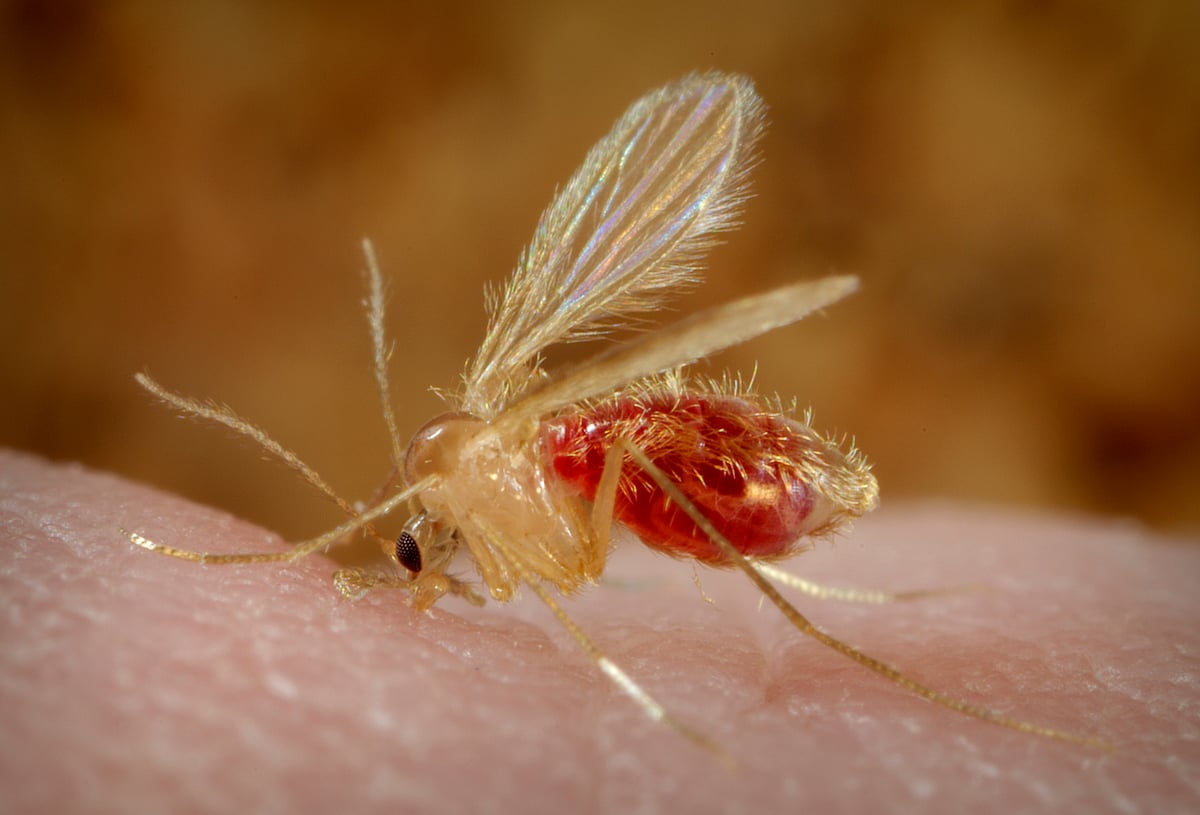Indore (Madhya Pradesh): A 22-year-old man from Madhya Pradesh's Khargone district, suspected to be infected with the Chandipura virus, passed away on Saturday morning during treatment in Indore. He was admitted to Aurobindo Hospital after exhibiting symptoms of high fever.
Doctors identified potential signs of the Chandipura virus, which prompted them to coordinate with the local branch of the sample testing lab situated in Pune. A sample of the patient’s blood was sent to the National Institute of Virology (NIV) in Pune for further examination, but the results are still pending.
.jpg)
According to information, eight days before the patient’s death, the team of the health department conducted an intensive survey of his home and surrounding areas. No other cases were found in the vicinity.
Local health authorities remain on high alert as they await confirmation from NIV Pune to determine if the Chandipura virus was indeed the cause of death.

What is the Chandipura virus?
The Chandipura virus is transmitted through sand flies found in cow dung. This deadly virus mainly attacks the brains of a human being. Its symptoms include high fever, headaches, altered mental state, sensitivity to light and seizures.
The virus was first identified in Chandipura, Maharashtra, in 1965, and hence the name.




